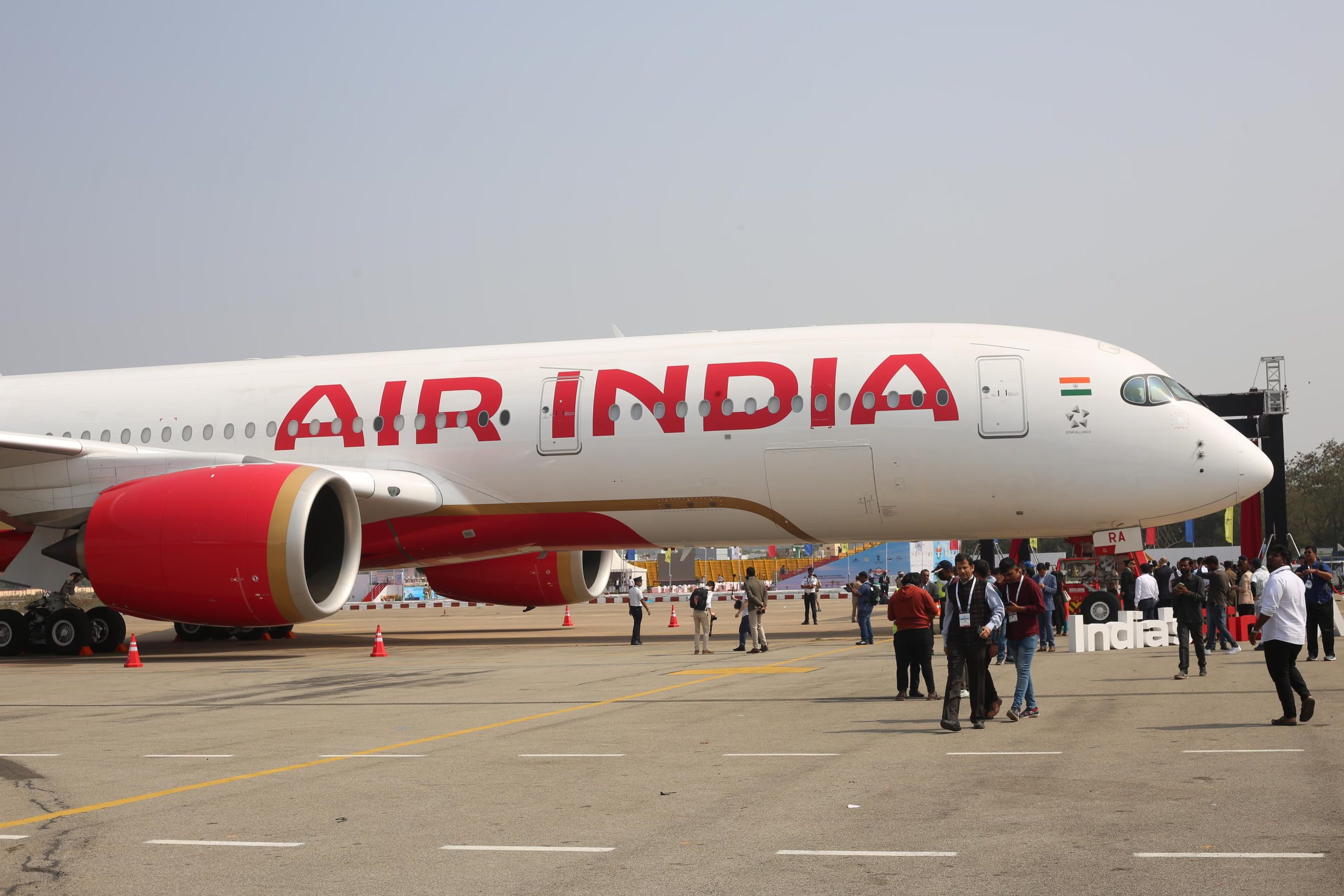Air India flight AI 159, scheduled to depart from Ahmedabad to London at 1:10 PM today, was abruptly canceled just before takeoff due to a reported technical snag. The flight, which was expected to carry over 200 passengers, had recently been renamed from AI 171—the same flight number involved in the June 13 crash that claimed over 180 lives. That incident, which saw a Boeing 787 Dreamliner crash into a residential area near Ahmedabad airport, left only one survivor and triggered nationwide concern over aviation safety.
Today’s cancellation has intensified scrutiny of Air India’s operational standards. Passengers were left stranded at the airport, with the airline offering refunds and alternate booking arrangements. The renaming of the flight and the abrupt halt in departure reflect the growing pressure on Air India to regain public confidence and demonstrate accountability.
Aviation experts believe the detection of the latest technical fault could point to more stringent inspections implemented in the wake of the recent disaster. According to India’s aviation regulator, there has been a 15 percent increase in the reporting of technical issues on long-haul flights since 2023. A 2024 report by the Safety Matters Foundation indicated that 20 to 30 percent of such incidents may be linked to pilot fatigue and systemic maintenance deficiencies.
The Boeing 787 Dreamliner, despite its strong global safety reputation, has come under renewed examination following the rare fatal crash. With investigations ongoing into both the fatal incident and today’s flight cancellation, aviation authorities are facing mounting calls for comprehensive safety audits across the Air India fleet. Industry observers warn that the latest developments underscore the urgent need for structural reforms in flight operations, safety training, and maintenance practices.













